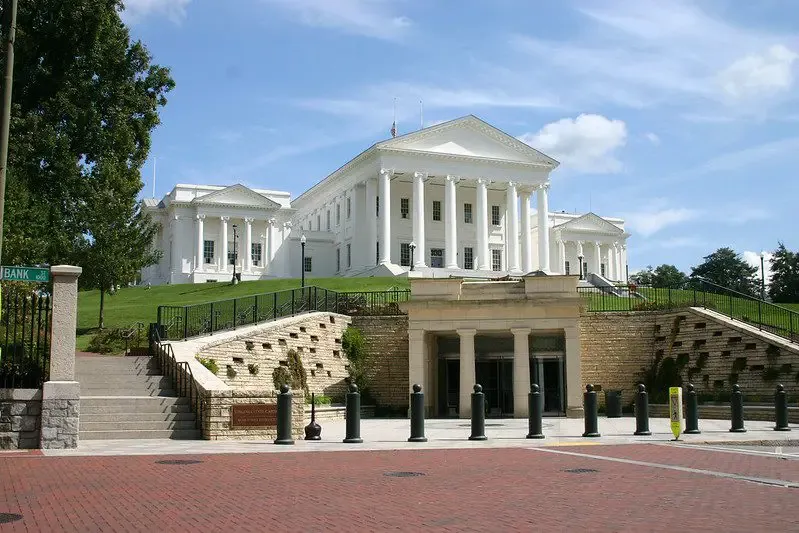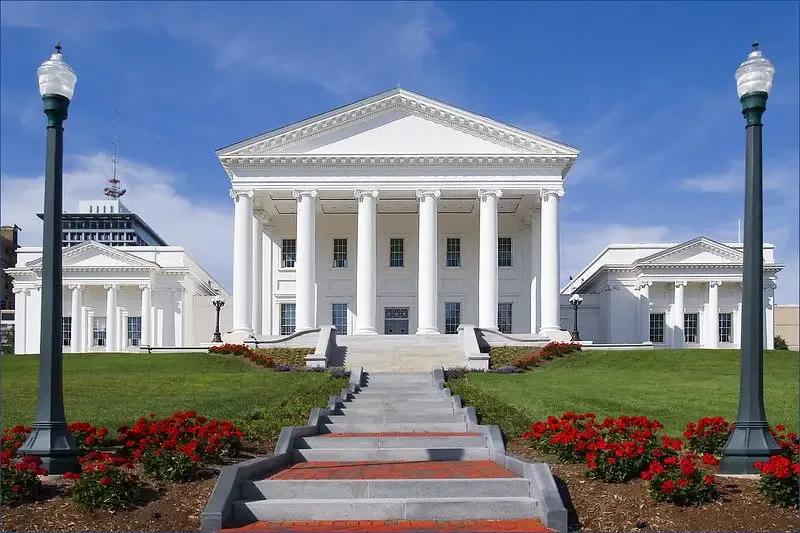General Assembly 2021 — Top News — Government — Ralph Northam — Virginia Senate — Virginia Board of Workforce Development — Glenn Dubois — Virginia Community College System — Megan Healy
Senate advances bill to offer tuition-free community college for low, middle-income students



